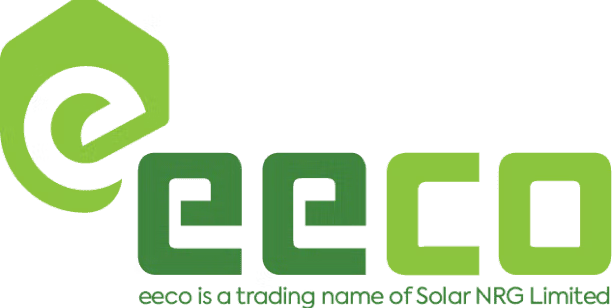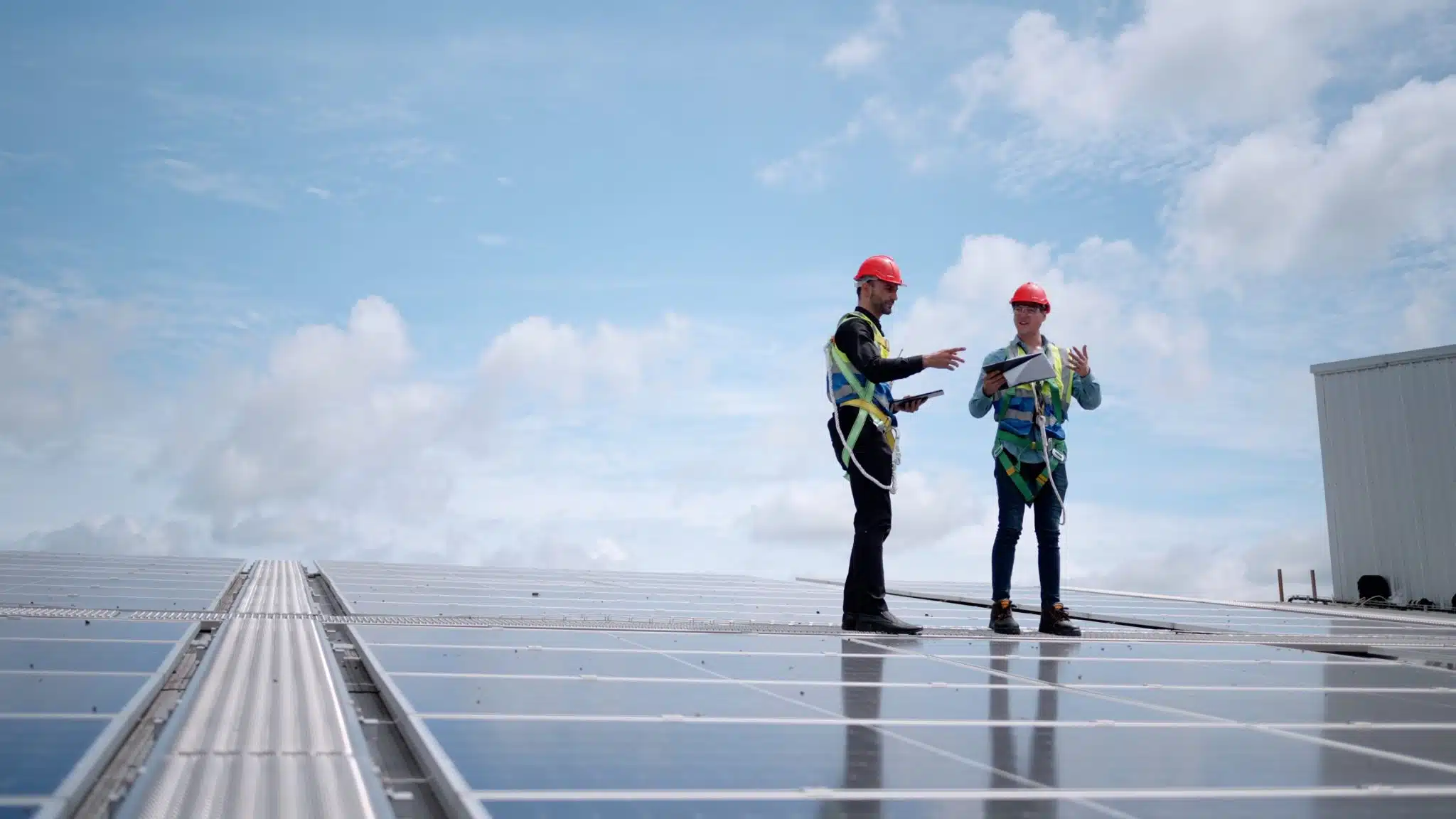Solar panels, also known as photovoltaic (PV) panels, have become a prominent feature in the renewable energy landscape of the United Kingdom. While the country strives to meet its sustainability goals and reduce carbon emissions, solar panels play a crucial role in harnessing clean and renewable energy from the sun. In this comprehensive exploration, we will delve into the various aspects of solar panels in the UK, including their significance, benefits, challenges, adoption trends, government support, environmental impact, technological advancements, and future prospects.
Significance of Solar Panels in the UK and Northern Ireland
Solar panels in the UK and Northern Ireland hold immense significance in the energy transition towards a low-carbon future. With a growing emphasis on reducing greenhouse gas emissions and increasing renewable energy generation, solar panels offer a sustainable solution to meet the country’s electricity needs. Despite the UK’s reputation for cloudy weather, solar panels can still effectively capture sunlight and convert it into electricity, making them a viable and reliable source of clean energy.
Benefits of Solar Panels in the UK and Northern Ireland
Renewable Energy Generation:
Solar panels enable property owners to generate their electricity from a renewable source, reducing their reliance on fossil fuels and conventional grid-supplied electricity.
Cost Savings:
By generating their electricity, solar panel owners can lower their energy bills and potentially earn money through schemes like the Smart Export Guarantee by selling excess electricity back to the grid.
Environmental Impact:
Solar panels contribute to reducing carbon emissions and combating climate change by producing clean energy without greenhouse gas emissions.
Energy Independence:
Solar panel owners have greater control over their energy supply and are less vulnerable to fluctuations in energy prices and supply disruptions.
Challenges in Solar Panel Adoption
While solar panels offer numerous benefits, their adoption in the UK faces some challenges, including:
Upfront Costs:
The initial investment required for installing solar panels can be a barrier for some property owners, despite the long-term cost savings.
Space Limitations:
Not all properties have sufficient roof space or suitable orientation for optimal solar panel installation, limiting the potential for solar energy generation.
Intermittent Sunlight:
The UK’s variable weather patterns can impact the consistency of sunlight available for solar energy generation, affecting the efficiency of solar panels.
Government Support for Solar Panels
The UK government has implemented various schemes to support the installation of solar panels and incentivise renewable energy generation. Key initiatives include:
Feed-in Tariff (FiT):
The FiT scheme, which closed to new applicants in 2019, provided financial incentives for generating renewable electricity, including solar PV, and exporting it to the grid.
Smart Export Guarantee (SEG):
The SEG replaced the FiT scheme, ensuring that property owners with solar panels receive payments for excess electricity they export to the grid.
Renewable Heat Incentive (RHI):
The RHI supports the installation of renewable heat technologies, such as solar thermal panels, by providing financial incentives for generating heat from renewable sources.
Environmental Impact of Solar Panels
Solar panels in Northern Ireland and the UK offer significant environmental benefits by reducing carbon emissions and promoting clean energy generation. By displacing electricity generated from fossil fuels, solar panels help mitigate climate change and contribute to a more sustainable energy mix in the UK. Additionally, the manufacturing and disposal of solar panels raise some environmental concerns, highlighting the importance of sustainable practices in the solar industry.
Technological Advancements in Solar Panels
Advancements in solar panel technology in the UK & Northern Ireland have improved their efficiency, durability, and affordability, making them more accessible to a wider range of consumers. Innovations such as bifacial panels, solar tracking systems, and integrated storage solutions enhance the performance and versatility of solar panels, further boosting their adoption and effectiveness in the UK.
Future Prospects of Solar Panels in the UK
The future of solar panels in the UK looks promising, with continued growth expected in the residential, commercial, and utility-scale solar markets. While solar panel costs decline and efficiency increases, more property owners are likely to embrace solar energy to reduce their carbon footprint and energy costs. Policy support, technological advancements, and increasing public awareness of climate change are driving forces behind the expanding role of solar panels in the UK’s energy landscape.
Solar panels in the UK and Northern Ireland represent a key pillar of the country’s renewable energy transition, offering sustainable, cost-effective solutions for electricity generation. With government support, technological advancements, and a growing awareness of environmental issues, solar panels are poised to play an increasingly significant role in the UK’s energy mix, contributing to a cleaner, greener, and more resilient energy future.
For more information on solar panels for your home or business, contact us on 028 9592 2730 or email hello@eeco.energy


